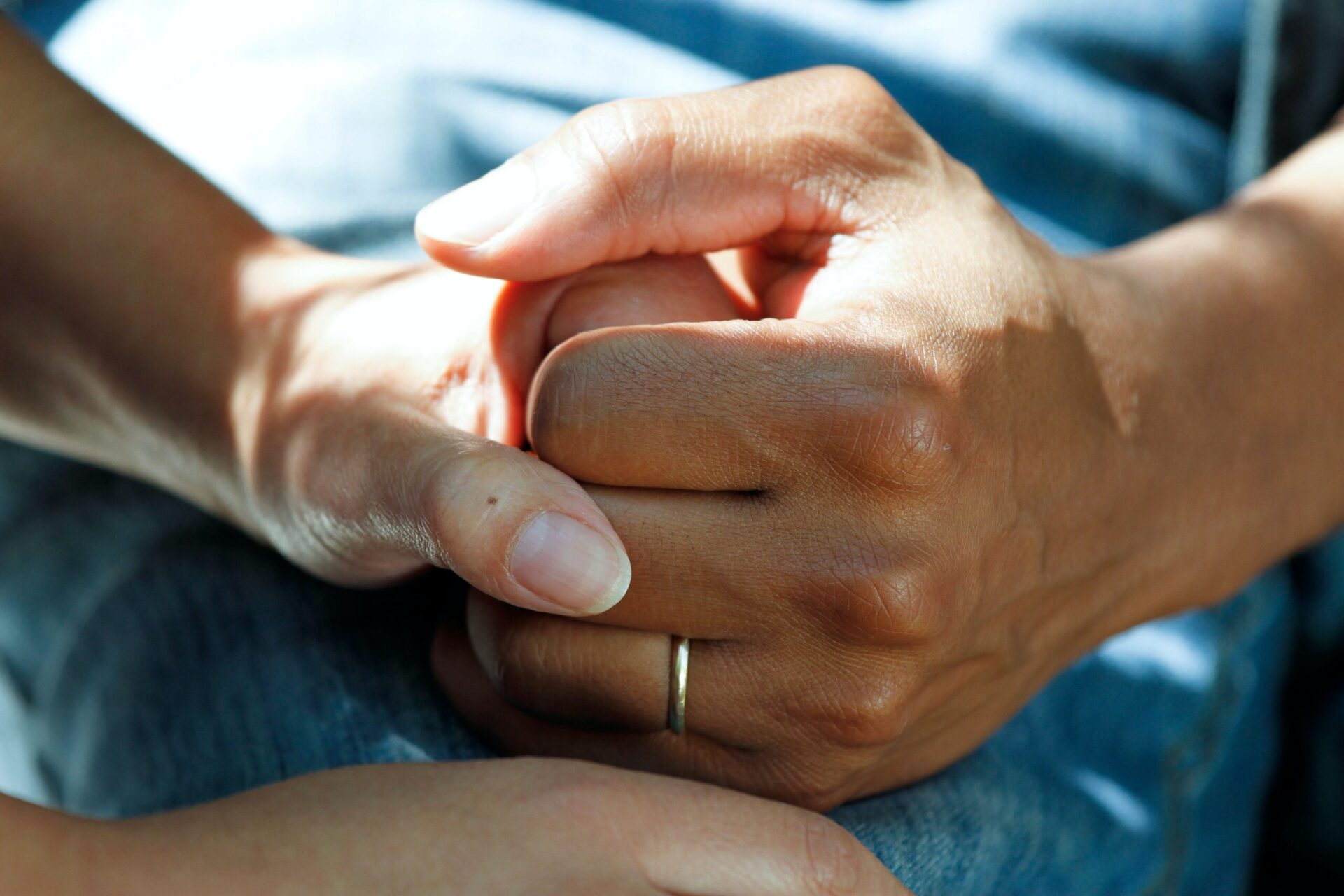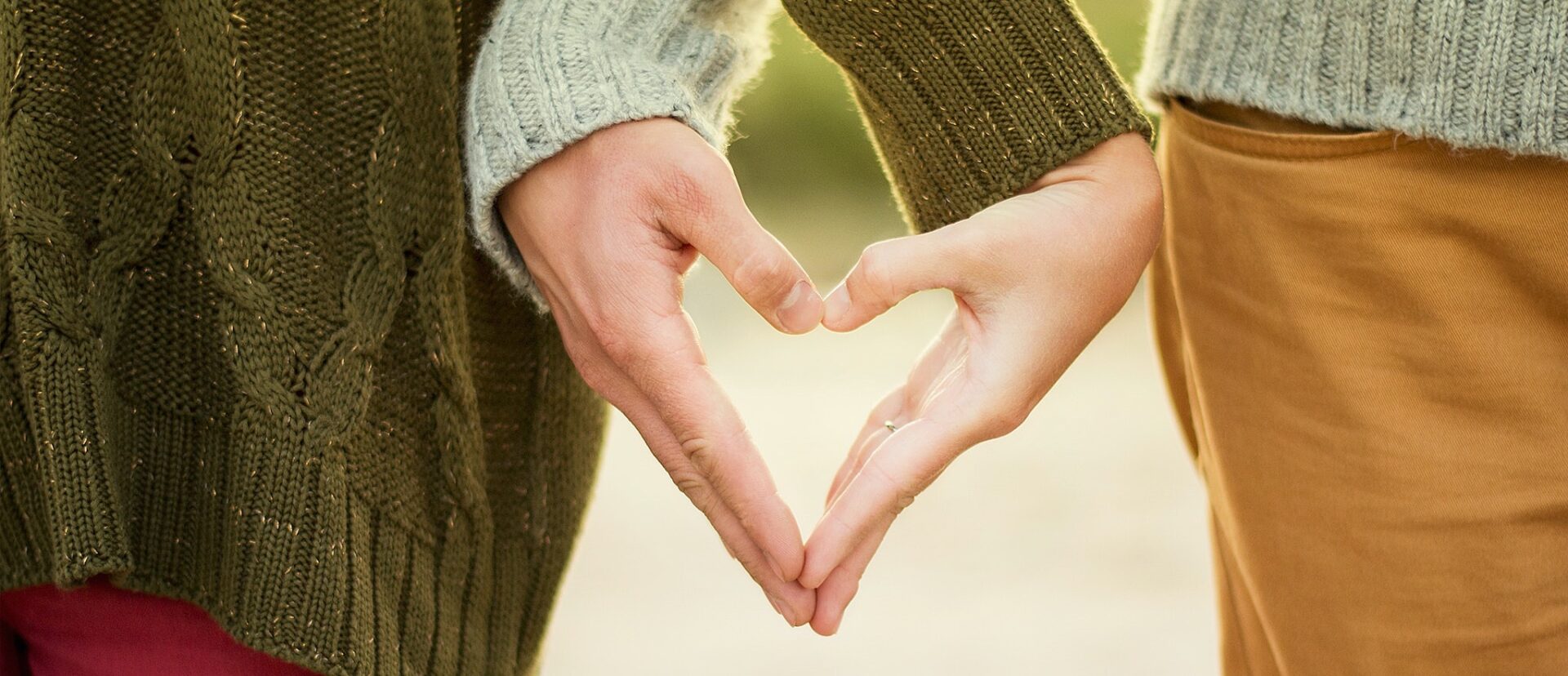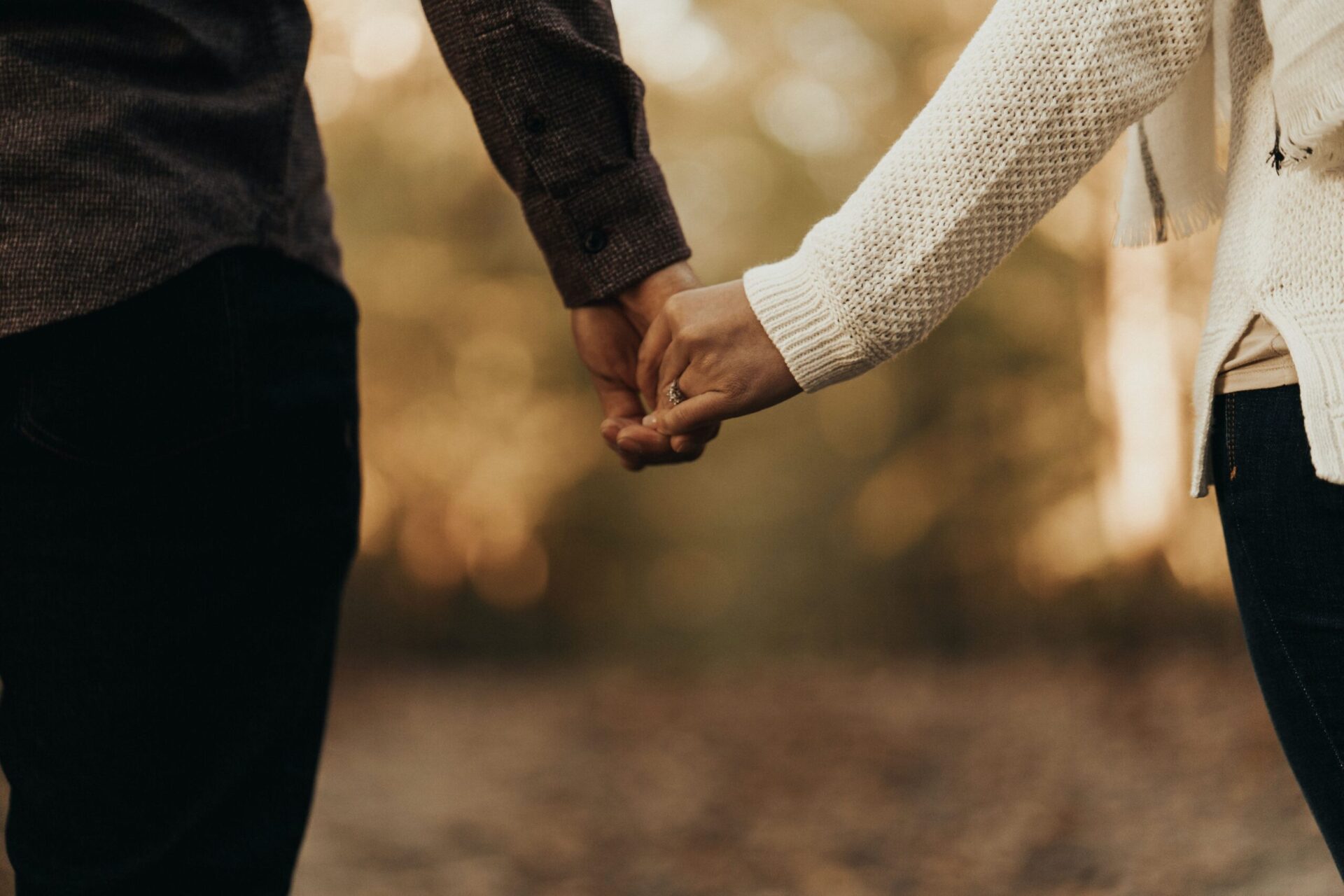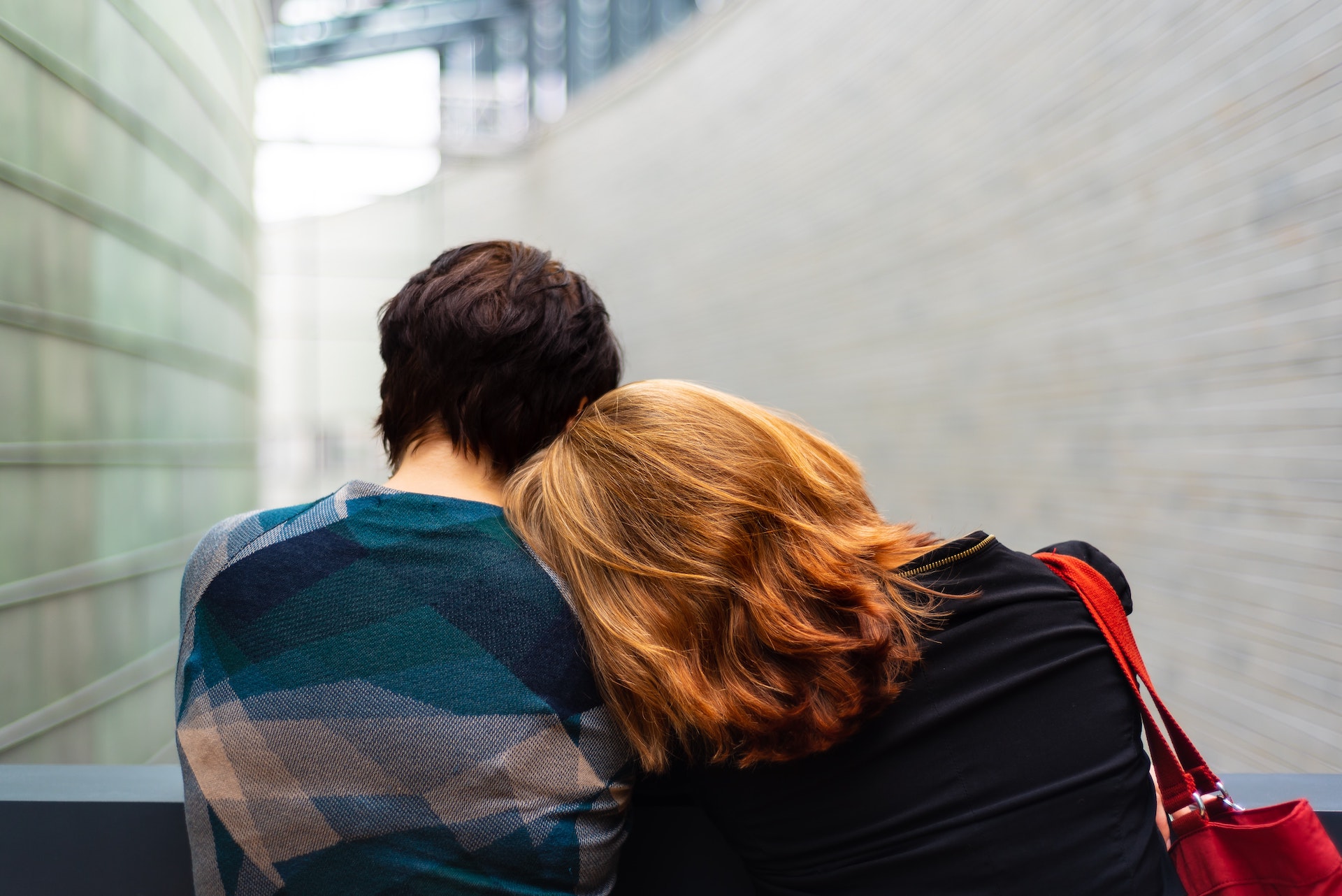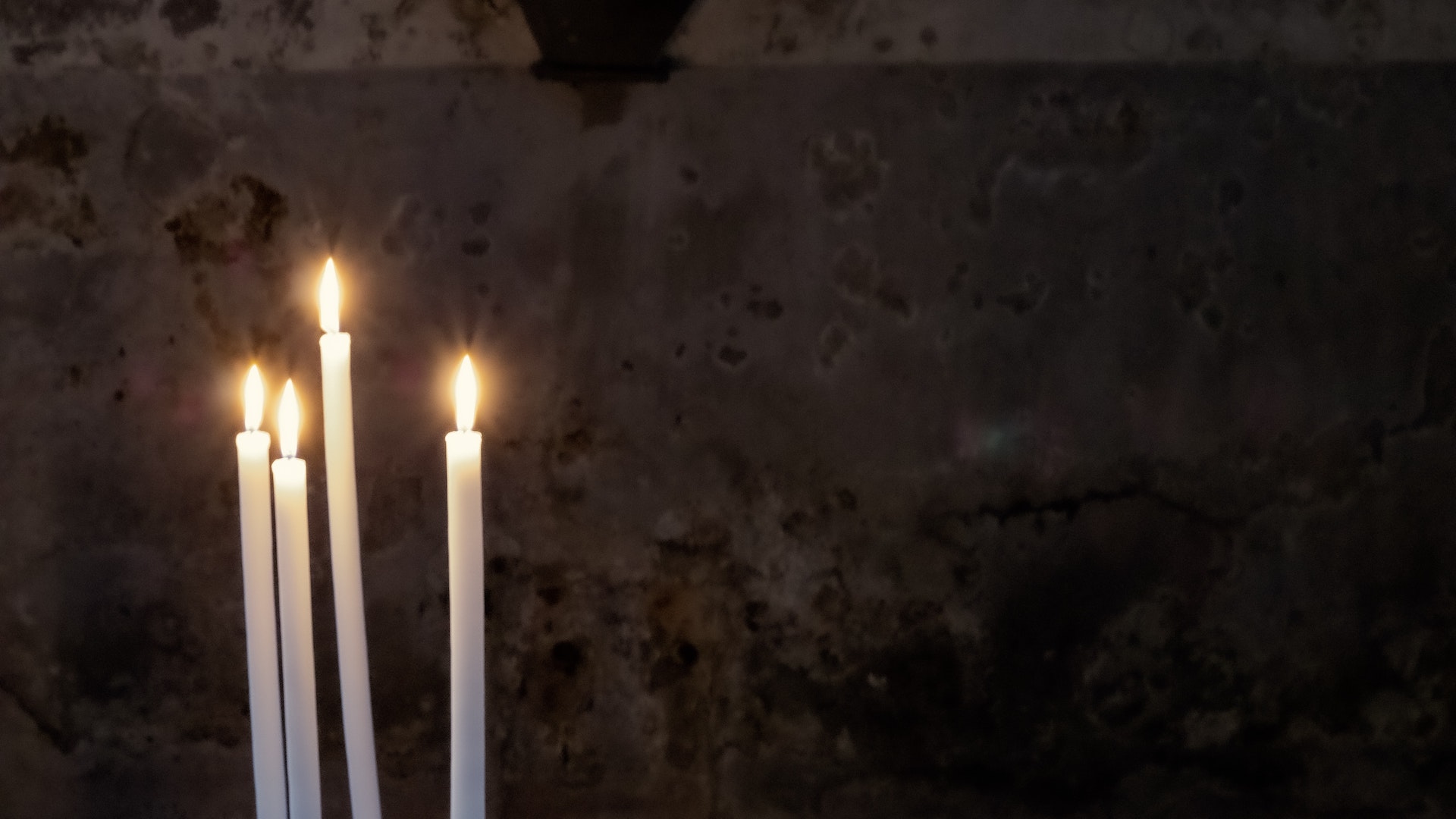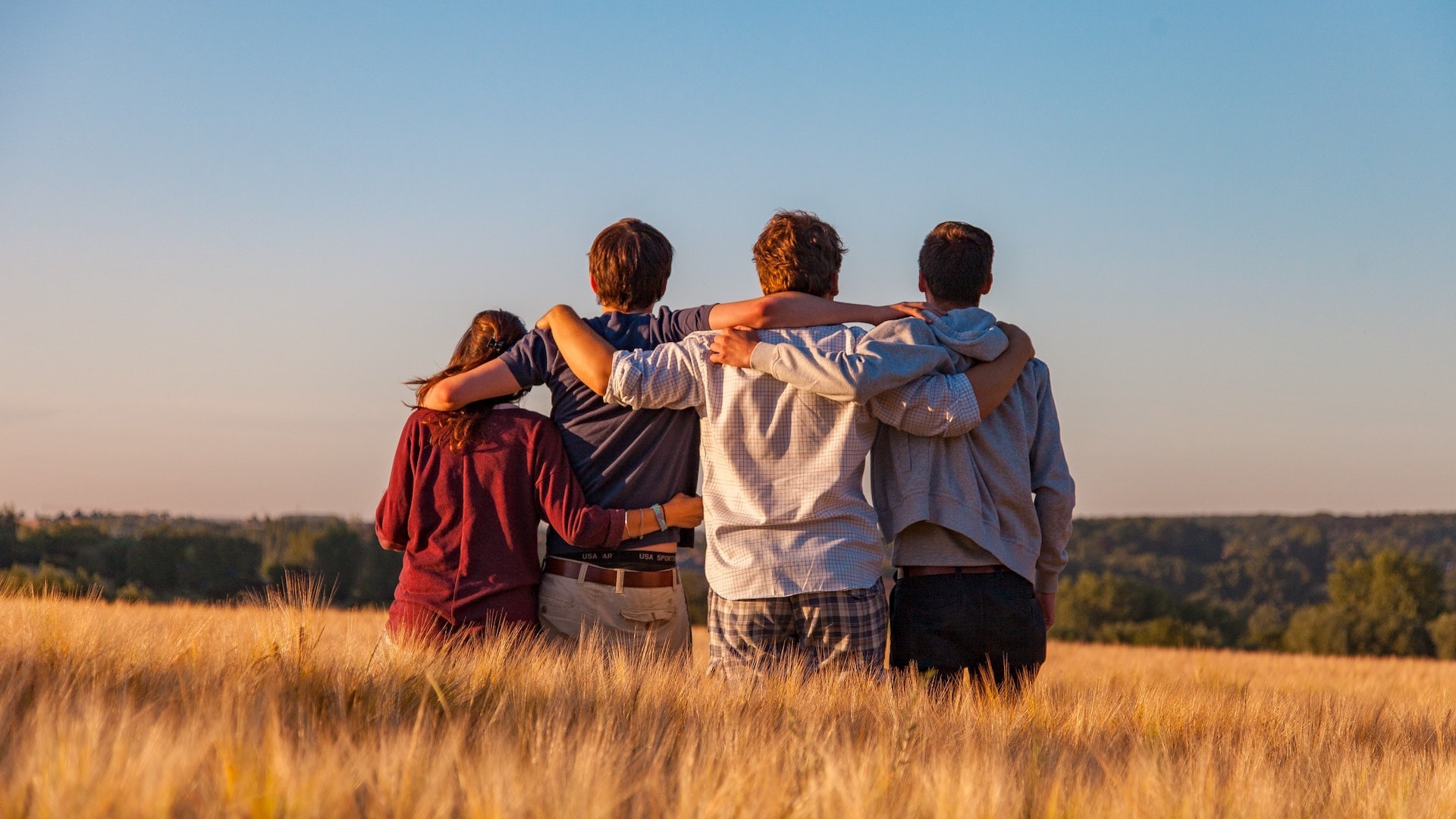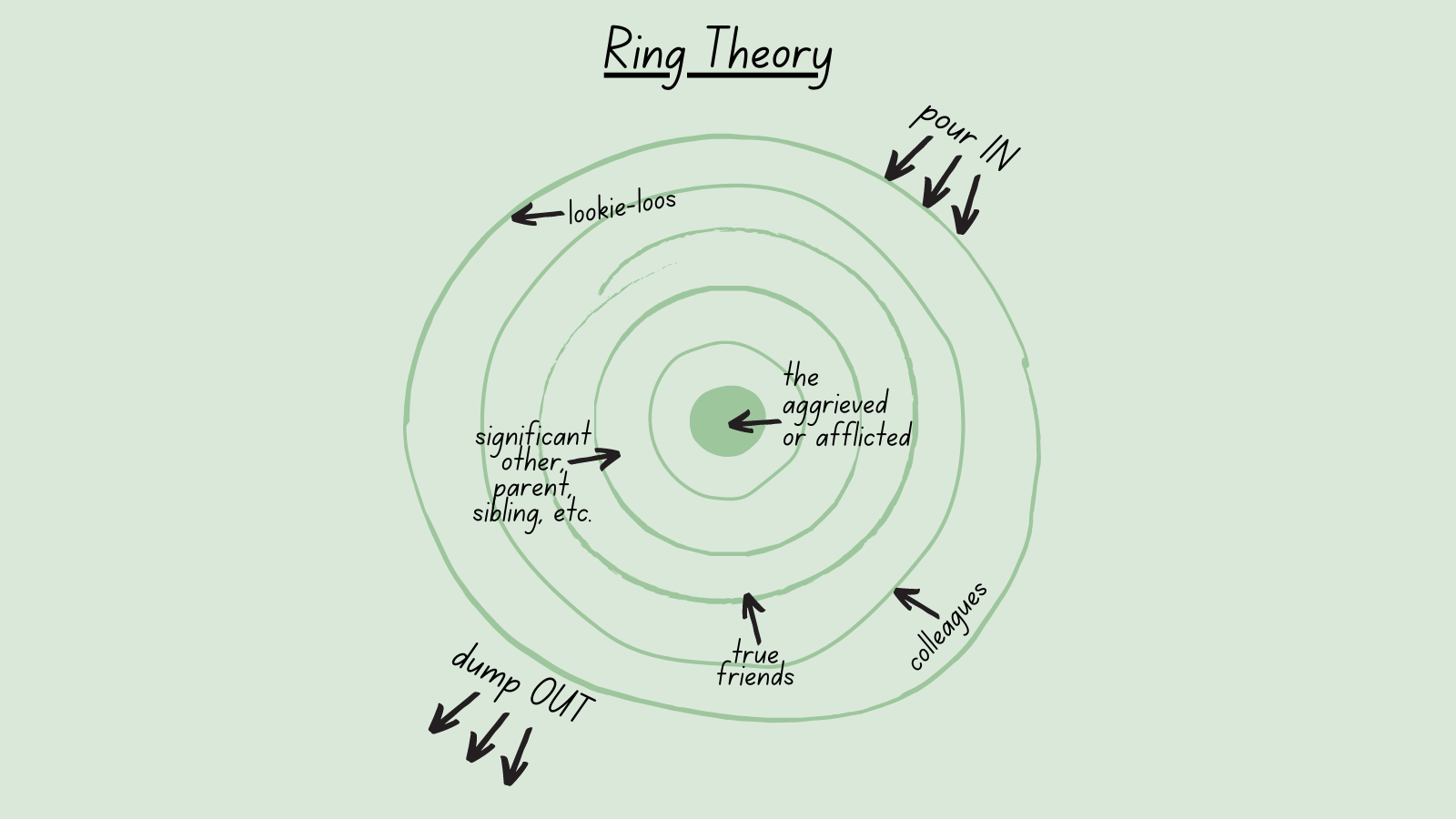November is National Family Caregivers Month. In honor of the incredible cancer caregivers in our lives, we are highlighting the importance of their place in the story. Read on to find blog posts from Cactus Cancer Society and The Negative Space, an organization that shines a light on the realities of caregiving, provides direct services to caregivers, and educates and equips those who support them with concrete tools and strategies.
Continue reading10 Questions with Sara Quilici Giles
In honor of National Caregiver Month in November, we will be highlighting the amazing caregivers in our community and beyond. We are so excited to introduce Sara Quilici Giles, a member of Cactus Cancer Society community. Read on for more about Sara and her story.
Continue reading10 Questions with Sara Godby
In honor of National Caregiver Month in November, we will be highlighting the amazing caregivers in our community and beyond. We are so excited to introduce Sara Godsby, a member of The Negative Space community. Read on for more about Sara and her story.
Continue readingNominate Your Caregiver for a Caregiver Box Giveaway!
Do you think your caregiver is the best – ever? Want to show them some love and acknowledge that they are seen? Nominate them for a Caregiver Box Giveaway! The box includes items from The Negative Space as well as selected items from Cactus Cancer Society.
Continue reading10 Questions with Allison Breininger
In honor of National Caregiver Month in November, we will be highlighting the amazing caregivers in our community and beyond. We are so excited to introduce Allison Breininger, founder of The Negative Space. Read on for more about Allison, her husband, and The Negative Space.
Continue readingHappy National Caregivers Month!
November is National Caregiver Month, and Cactus Cancer Society wants to honor and celebrate all of the incredible caregivers in our community! There’s no way to properly thank you for everything you do, but we want to highlight you and offer a token of appreciation for our thanks! In honor of these amazing caregivers, we have a few extra things going on this month!
Continue readingSurviving As A Caregiver
Though I’m a young adult cancer survivor, having been diagnosed with Hodgkin’s Lymphoma at the age of 24, I first heard the words ‘you have cancer’ said to my mother 2 years before my own diagnosis.
Continue readingFinding Grace Through Grief
The lesson I’ve learned from all of this tremendous grief is to show yourself some freaking grace. Give credit that your loved ones know how you feel, that the appreciation you have is known, and that while you’ll always wish for more time, it’s okay that things were left where they were.
Continue readingSurvival Is Insufficient
Now there is scientific research showing that the young adult cancer population, aged 18-39, is the most isolated age-group who experiences cancer, and that this isolation is linked to all sorts of quality of life issues. It affects survival rates, reintegration into normal life, and a host of other things. There is data showing that surviving cancer is not enough, we must also be helped to thrive. There is data showing that survival is insufficient.
Continue readingRing Theory
Have you heard of Ring Theory? It’s a fairly simple concept of support and communication that can be extremely helpful for cancer patients and their loved ones.
Continue reading


